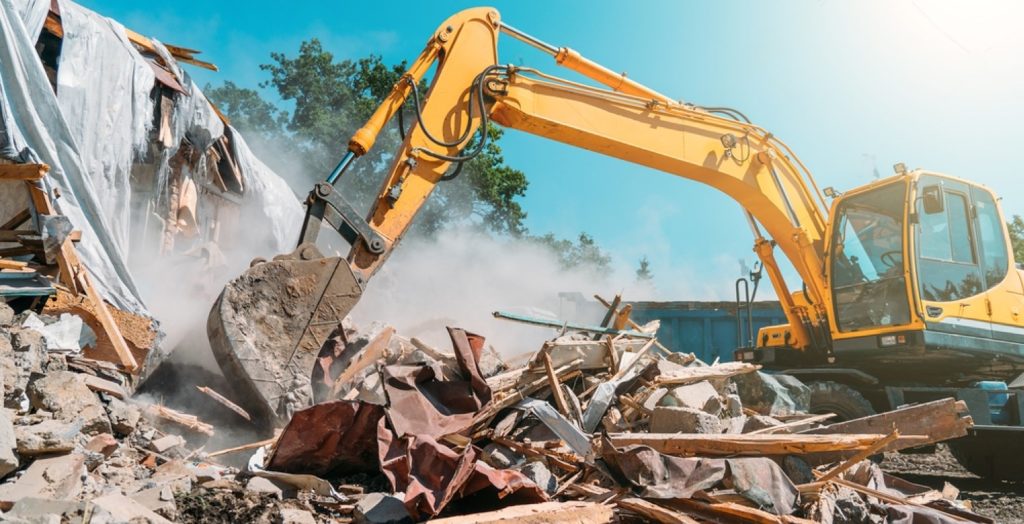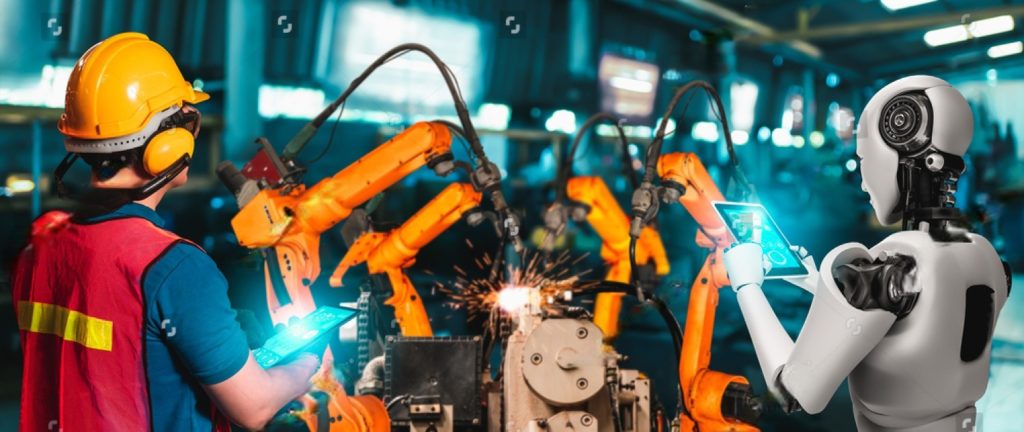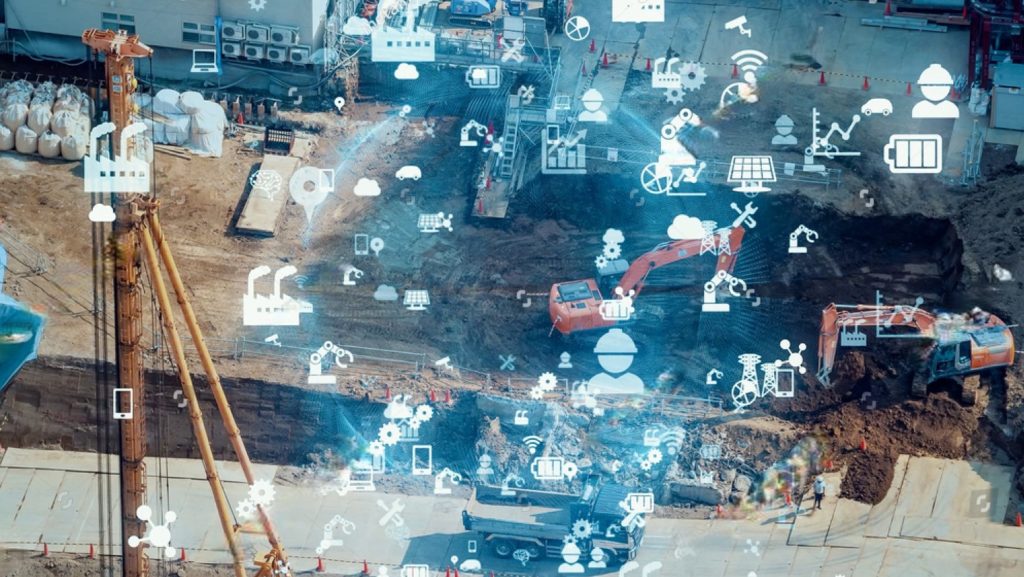The construction industry, once known for its reliance on manual labor and traditional machinery, is undergoing a revolutionary transformation. In this era of technological advancement, smart equipment has emerged as a game-changer, reshaping the way construction projects are planned and executed. This article explores the evolution of construction through the lens of smart equipment and its profound impact on the industry.

Introduction
The construction sector, a vital component of global infrastructure development, has traditionally been associated with rugged machinery and hands-on labor. However, the advent of smart equipment marks a significant departure from these conventional practices. As technology continues to advance, the integration of smart equipment has become a key driving force behind the construction evolution.
The Rise of Smart Equipment
Definition and Examples
Smart equipment refers to machinery and tools embedded with sensors, software, and connectivity features that enable them to collect and exchange data. Examples include GPS-enabled excavators, drones for surveying, and autonomous construction vehicles. These innovations are not merely novelties but powerful tools that enhance productivity and efficiency on construction sites.
Benefits of Using Smart Equipment
The benefits of employing smart equipment in construction are multifaceted. These tools offer real-time data, enabling project managers to make informed decisions promptly. Additionally, the precision and accuracy of smart machinery contribute to the overall quality of construction projects, reducing errors and rework.
Automation and Efficiency
One of the defining characteristics of smart equipment is its contribution to automation in the construction process. Tasks that were once labor-intensive and time-consuming can now be automated, significantly speeding up project timelines. This not only increases efficiency but also leads to substantial cost savings for construction companies.
Data Analytics in Construction
In the age of information, data is king. Smart equipment facilitates the collection and analysis of vast amounts of data, providing valuable insights for construction projects. From predicting equipment maintenance needs to optimizing resource allocation, data analytics plays a pivotal role in improving the decision-making process in construction management.

Safety Enhancements
The construction industry is inherently risky, with safety concerns being a top priority. Smart equipment plays a crucial role in mitigating these risks by incorporating safety features such as collision avoidance systems and real-time monitoring. There have been instances where accidents were averted, thanks to the proactive interventions of smart technology.
Environmental Impact
Beyond efficiency and safety, smart equipment contributes to sustainable construction practices. From eco-friendly building materials to energy-efficient machinery, the construction industry is adopting greener alternatives. The integration of smart technology aligns with global efforts to reduce the environmental impact of construction activities.
Challenges and Solutions
Despite the evident benefits, the adoption of smart equipment in construction is not without challenges. The initial investment cost and the need for skilled operators are common hurdles. However, innovative solutions, such as training programs and partnerships with technology providers, are helping construction companies overcome these obstacles.
Cost Considerations
A common misconception is that the integration of smart equipment is financially burdensome. However, a closer look reveals that the long-term benefits far outweigh the initial investment. Reduced labor costs, minimized errors, and increased project efficiency contribute to the overall cost-effectiveness of smart equipment in the construction industry.

Future Trends in Construction Technology
As we look ahead, several trends are poised to shape the future of construction technology. From 3D printing of buildings to the use of robotics in construction, the industry is on the brink of exciting developments. Construction companies that embrace these emerging technologies will likely gain a competitive edge in the evolving landscape.

Integration of Artificial Intelligence
A key player in the smart equipment revolution is artificial intelligence (AI). AI algorithms enhance the capabilities of construction machinery, enabling predictive maintenance, autonomous decision-making, and improved overall performance. The seamless integration of AI into construction processes heralds a new era of efficiency and innovation.

Human Collaboration with Smart Machines
Contrary to concerns about job displacement, smart equipment enhances human collaboration rather than replacing it. Skilled workers are essential for operating and maintaining these advanced machines. The symbiotic relationship between humans and smart machines ensures that the construction industry continues to thrive while embracing technological progress.
Adaptation Challenges for Construction Companies
For construction companies, adapting to the era of smart equipment requires strategic planning. Training programs for existing staff, recruiting tech-savvy professionals, and fostering a culture of innovation are crucial steps. By addressing these challenges head-on, construction firms can position themselves as leaders in the smart technology revolution.
Smart Equipment in Residential Construction
The benefits of smart equipment extend beyond large-scale projects to residential construction. Homebuilders are incorporating smart technologies to improve energy efficiency, security, and overall comfort for homeowners. From smart thermostats to home automation systems, these innovations are shaping the future of residential construction.
Conclusion
In conclusion, the construction industry is undergoing a remarkable evolution propelled by smart equipment. From automation and data analytics to safety enhancements and environmental sustainability, the impact of these innovations is far-reaching. As construction companies navigate the challenges and embrace the opportunities presented by smart.


